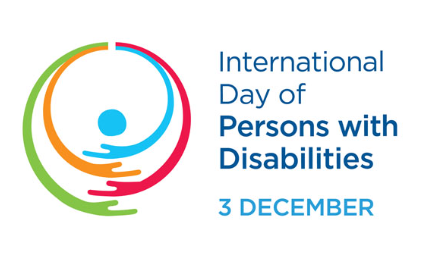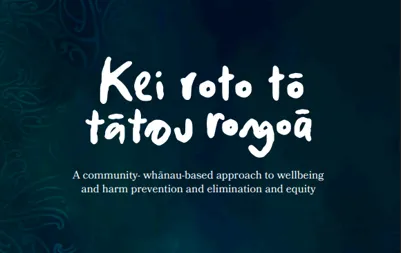Local violence networks


Reports about the local networks
Local community-based networks focused on violence have been present and active in Aotearoa for decades. Over the last 20 years a number of reports have documented how the networks function and their value and benefit to communities.
The Strengthening Local and Regional Networks (2024) report summarises findings from a Vine project that looked at how local and regional family violence and sexual violence networks could be strengthened. This work was identified by the Systems Working Group as part of Te Aorerekura Action 5 and is part of building understanding across government and the family and sexual violence sectors about working together on the implementation and monitoring of Te Aorerekura. It was commissioned by Te Puna Aonui.
The Report of the Expert Advisory Group on Family Violence (2013) made recommendations about the Family Violence Networks.
About Family Violence Networks in New Zealand (June 2012) is briefing developed for family violence network members, and summarises some of the material that informed the 'Coordinated community action' workshops run by the It’s not OK family violence prevention campaign.
Family Violence Networks – background and key messages (March 2012) provides a brief 2-page background on family violence networks.
The 2009 review of Te Rito found that the Family Violence Networks had contributed to greater leadership, more effective services, enhanced safety and accountability, changing attitudes and behaviours and sustained collaborations.
Building collaborations to eliminate family violence: facilitators, barriers and good practice (2012) is Vine’s first issues paper. It focused on Building collaborations to eliminate family violence. It provides a broad perspective on best-practice principles and challenges relating to coordinated collaborative initiatives. It explored the state of collaborative work on family violence in Aotearoa at the time drawing on a literature review and discussions with key informants. The funding for the preparation of this Issues Paper was provided by the Families Commission. Tools to support multi-agency collaboration is a compilation of tools at the time the issues paper was developed.












